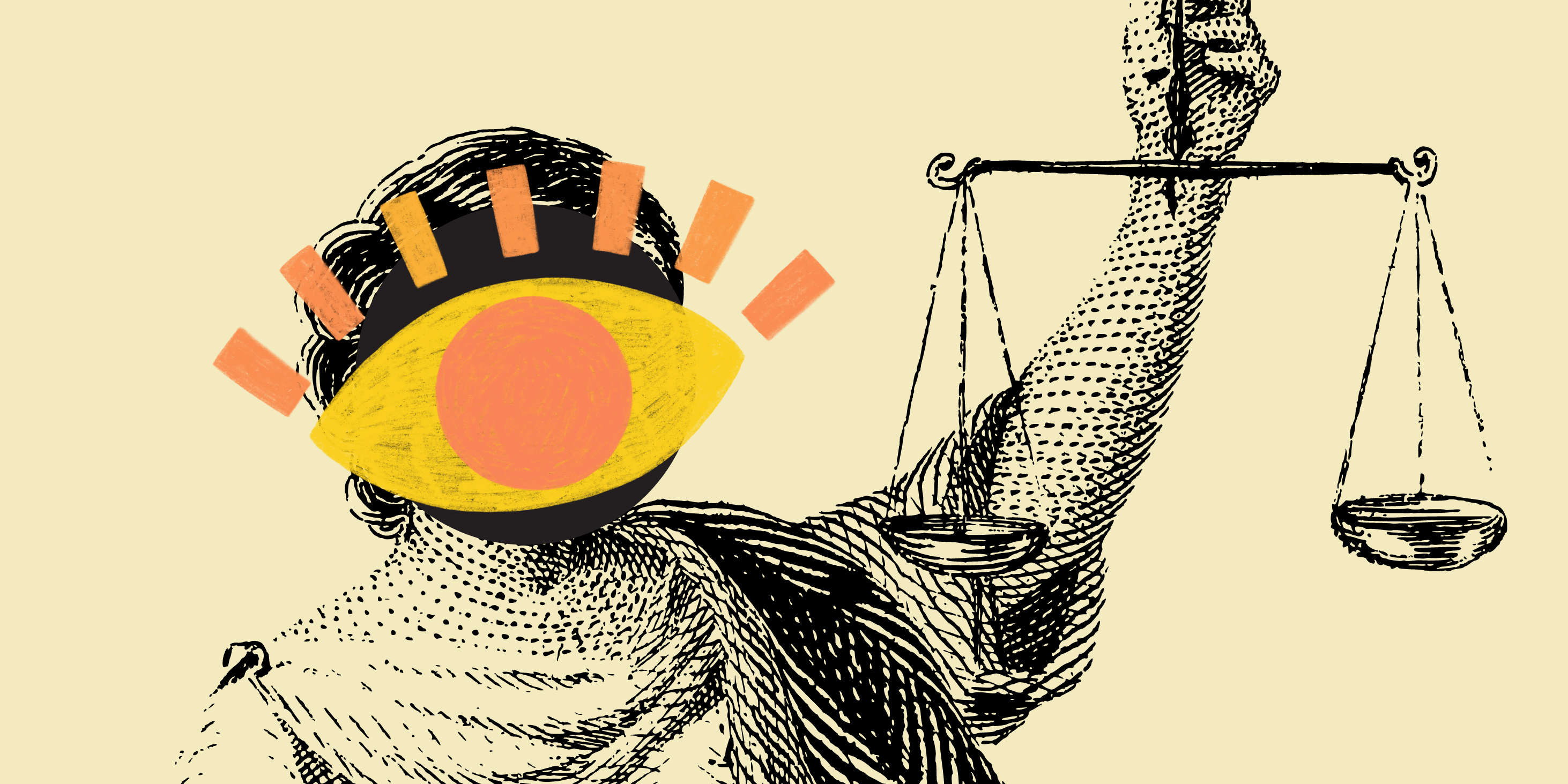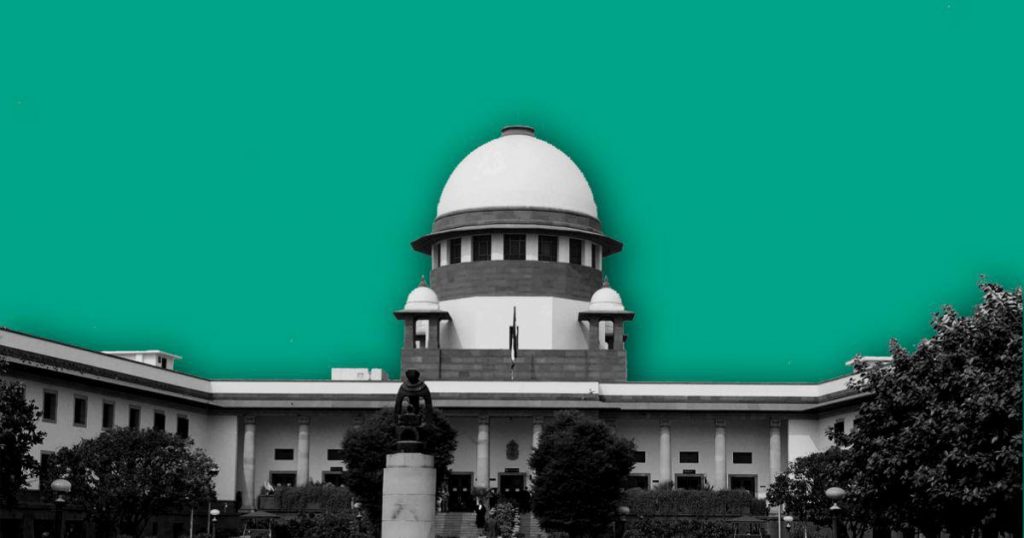
The 127th Constitutional Amendment Bill (OBC Act) was passed by the Lok Sabha and put on the table during the Monsoon Session on August 10th, 2021. This was done in order to return the responsibility of identifying members of the OBC class to the jurisdiction of the State Authorities. There is unanimous support for this bill, which seeks to clarify a few aspects of the 102nd Constitutional Amendment Bill.
On August 20, the OBC Bill became law after being signed into effect by the President of India. The bill is formally called the 105th Constitutional Amendment Act of 2021. Doing so transforms the Bill into an Act (OBC Act). According to the provisions of Articles 15(4&5) and 16(4&5) of the Constitution, the State is to be granted the ability to decide who should be included in the Socially and Educationally Backward Classes (SEBC). As a result, the corresponding OBC lists are created by the central government and the applicable State government.
Regulatory Provisions of the OBC Act
The OBC Act brings about a number of changes to the way in which the State exercises its jurisdiction over reservations. Here is a breakdown of all the changes and additions that have been made:
- Articles 342A (1) and (2) are updated, and a new Article 342A (3) is included. The President’s authority to designate a caste as Scheduled Caste (SEBC) and notify the State Government of this designation is discussed, as is the President’s authority to change the State OBC list based on the suggestions of the Governor.
- A definition of SEBCs is updated as a result of this revision, which may be found in Article 366 (26c). All groups considered to be historically or socially disadvantaged by the requirements of Article 342A of the Constitution are included in this description.
- This clause intends to change the provisions of Article 338 B (9), which states that the Central Government and the State Governments are required to consult with NCBC on any subject that may affect SEBCs.
Is the OBC Act important?

There are several factors to consider while attempting to answer the question of whether or not such an Act is required at this time. The Maratha Reservation Judgment of the Supreme Court, in which the court upheld the 102nd Bill and stated that the President would decide which groups would be included in the OBC list created for individual states based on the recommendations of the National Commission for Backward Classes, is frequently cited as evidence for the necessity of the OBC Act. In this judgment, the court stated that the President would decide which groups would be included in the OBC list created for individual states based on the recommendations of the National Commission for Back (hereinafter, “NCBC”).
In addition, the court ruled that the President will accept direction regarding the identification of SEBCs from the NCBC, which was established in accordance with Article 338B, and that the recommendations of the Commission must be taken into consideration by the States for the policies that are designed by the States. If the NCBC produces a report that identifies difficulties, it is required to alert the State Authorities, which are responsible for finding a solution to the situation (as per the terms of Article 338B).
The President and the Central Government are tasked with making the final decision in accordance with the provisions outlined in Section 3 (8) (b) of the General Clauses Act, Article 342A (1) of the Constitution, and Article 367 of the Constitution, respectively. The power of the state government to make reservations towards specific groups or castes, including the quantity, kind, nature of benefits, and so on, should remain unaltered, with the exception of the designation of SEBCs; this right should not be affected in any way.
Furthermore, the court held that the President would accept guidance for the designation of SEBCs from the NCBC, which was constituted in accordance with Article 338B, and that the Commission’s suggestions must be considered by the States for the policies that the States design. If the NCBC issues a report that identifies problems, it is required to notify the State Authorities, who are in charge of finding a remedy (as per the terms of Article 338B). The final decision is made by the President and the Central Government in accordance with the provisions provided in Section 3 (8) (b) of the General Clauses Act, Article 342A (1) of the Constitution, and Article 367 of the Constitution, respectively. With the exception of the identification of SEBCs, the state government’s power to establish reservations towards specific groups or castes, including the quantity, kind, nature of benefits, and so on, should remain unmodified.
Why did the Supreme Court intervene?

Following an initial appeal filed with the Bombay High Court shortly after the Maharashtra Government passed the Maharashtra State Reservation for SEBC Act, 2018 (thus, the “Reservation Act”), the Supreme Court (SC) intervened and ruled in May 2021 that the Act was unconstitutional. This came after an initial challenge was filed with the Bombay High Court immediately after the Maharashtra State Reservation for SEBC Act, 2018, was passed. Petitioners claimed that the Reservation Act and the quota it established violated the Supreme Court’s 1992 decision in the Indira Sawhney case, which held that a state’s quota of reserved seats may not exceed 50% of the total number of seats available in that state.
The Bombay High Court finally upheld the Reservation Act, although ordering the State Government to cut the quota from 16% to 12-13%, as proposed by the State Backward Class Commission. However, the Court did not grant a preliminary injunction, which would have prevented the Reservation Act from going into effect. The Supreme Court determined that the 50% reserved seat restriction could be breached in exceptional situations.
The High Court’s verdict, however, was overruled by the Supreme Court’s constitutional bench, which found that there are no extraordinary circumstances justifying breaching the 50% reserve ceiling in order to award a special reservation to the Maratha Community. This decision was made in order to grant the Maratha Community a particular reservation. The court determined that the Reservation Act breaches Article 16’s promise of equality and that the Reservation Act also violates Article 14’s provision of free and equal elections. The court made both of these judgments.
While the governments of Rajasthan, Jharkhand, Karnataka, and Gujarat have petitioned the Supreme Court to extend the limit of reservation, the states of Tamil Nadu, Haryana, and Chhattisgarh have already implemented quotas that are greater than the maximum of 50%.
Decimated Opposition – A Threat to Society and Constitution?

To date, the passage of the OBC Bill through Parliament has been faced with opposition ranging from negligible to non-existent, implying that there is very little opposition to the bill. The need to fulfill the demands of their communities was acknowledged by several local political parties, including OBC leaders of BJP, who proposed legislation to restore the state’s authority to determine the criteria for identifying socially and economically backward classes.
This jurisdiction would grant the state the authority to determine who is eligible to be classified as a member of a socially and economically disadvantaged class. This piece of legislation was successful in fulfilling its goals (SEBC). Political parties may now count on a big “vote bank” of voters from this group because of the enormous number of people of color who are eligible to vote. As a result, both the Bharatiya Janata Party (BJP) and the opposition Congress party are eager to win over these communities and vote banks, notably in the politically volatile and crucial state of Uttar Pradesh.
The administration in power made decisions that compelled the opposition parties to agree with them, as not cooperating with the Treasury benches on this topic could lead to potential implications. The fact that India’s opposition parties are not putting up much of a fight, on the other hand, poses an even greater threat to the constitutional values that underpin the country. When dealing with issues that have the potential to be contentious and are of the utmost importance, such as reservations, the opposition needs to make sure that their voices are heard.
Conclusion
Notwithstanding the fact that the OBC Act is already law, it poses a far bigger threat to the most basic aspects of human freedom than any previous legislation. Scrapping the 50% reservation cap violates the constitutional provisions of Articles 14 and 16, which form the basis of reservation policy. This was established by the precedent-setting decision in Indra Sawhney v. UOI.
To some extent, this is one of the few times when the legislature has attempted to lessen the blow of a Supreme Court judgment by passing legislation that contradicts the court’s ruling. This is one of the few times when the legislature has passed legislation that contradicts the court’s decision. It is unclear if the Supreme Court will regard such legislation to be in breach of constitutional restrictions; this remains to be determined.